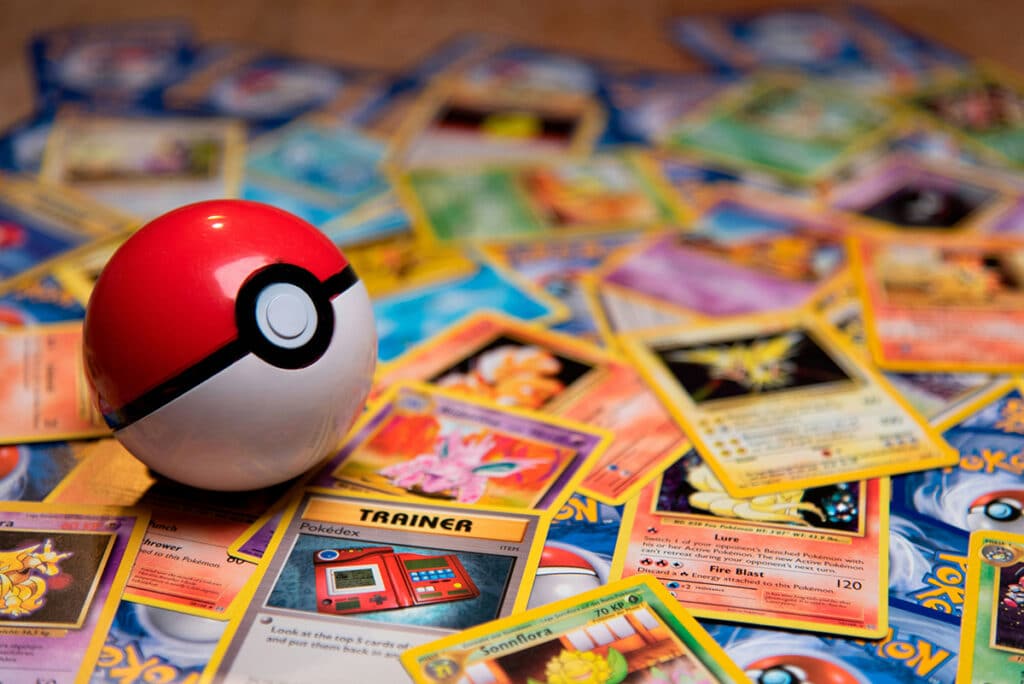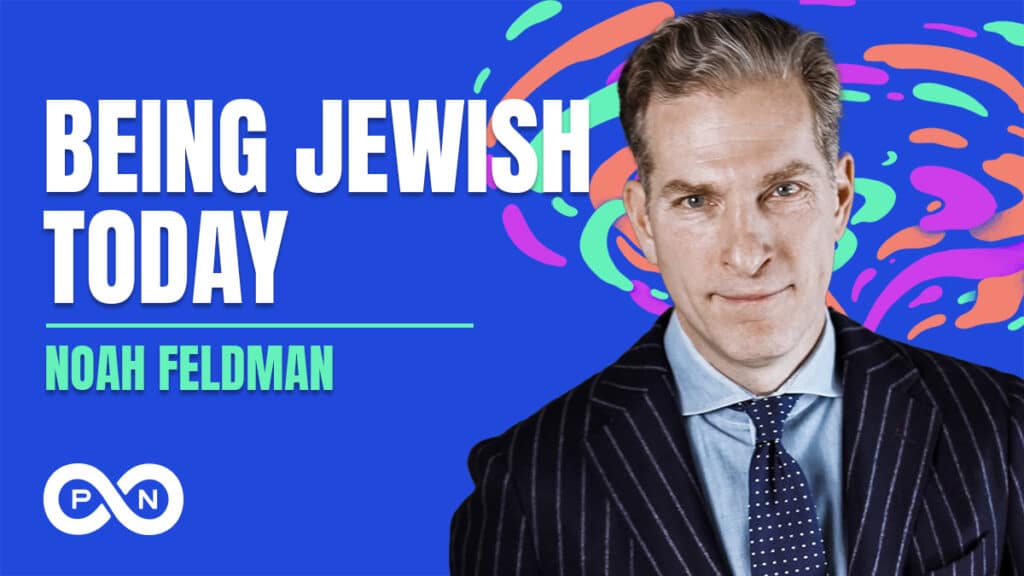Volcanoes are erupting in The Philippines, but on-fire Australia received some welcome rain. The Iran war cries have been called off and The Donald’s military powers are about to be hamstrung by the Senate. Meanwhile, his impeachment trial is starting, and we’re all on Twitter for a front-row seat.
What Could Go Right? Pokémon Pilferers
The yakuza, Japan's mafia, are a shadow of their former selves.
This is our weekly newsletter, What Could Go Right? Sign up here to receive it in your inbox every Thursday at 5am ET. You can read past issues here.
Pokémon Pilferers
In late April, a high-ranking member of the yakuza, Japan’s “mafia,” was arrested in Tokyo. “Yakuza” might ring a bell if you’ve seen HBO’s recent series Tokyo Vice or any of the classic yakuza movies. Dark suits, sunglasses, heavily tattooed, perhaps missing a part of a finger (the classic punishment for mistakes)—yakuza gangs are involved in all kinds of seedy business.
And yet the arrest was not for anything the yakuza are traditionally known for, from drug trafficking to prostitution to blackmail. It was for stealing Pokémon cards in an office break-in, among other personal property.

“Instead of catching ‘em all, he got caught,” one commenter wrote, as reported by Japan Today.
But behind the comedy of the “once fearsome lords of the underworld . . . reduced to trading in children’s collectibles,” as Philip Patrick, who writes about Japan, put it in The Spectator, is an interesting method of how the Japanese government successfully cracked down on organized crime.
Anti-gang laws passed in the early 90s were the stage-setter. Then, in 2011, a series of “exclusion ordinances” that aimed to isolate the yakuza from society came into effect. These laws prohibit private citizens and companies from doing business or interacting with yakuza members. The yakuza were also essentially banned from the infrastructure of modern life: they couldn’t open a bank account, apply for a credit card, buy a car, rent a house or apartment, and so on.
Membership numbers in 2022 were under 25,000, dropping from almost 90,000 in the early millennium and a high of about 180,000 in the 1960s. Living as a yakuza is such a hassle that new recruits just aren’t interested; the average age of current members is over 50.
In response, the yakuza are turning to an odd variety of activities to survive, like unlicensed sea cucumber fishing.
There has been some fallout from these strict laws. The legal and social stigma of being associated with the yakuza is so high that those who want to leave the gangs, as well as their children, are essentially stuck.
But it does seem like an overall good thing that the influence of even “one of the least murderous criminal groups in the world” has waned.
What Could Go Right? S6 E5

What does it mean to be a modern Jew? How do Jews in America handle their relationship to Israel, especially after the atrocities of October 7 and the subsequent war with Hamas? Zachary and Emma speak with Noah Feldman, Harvard professor and author of the new book To Be a Jew Today: A New Guide to God, Israel, and the Jewish People. The Israel-Hamas war, levels of Jewishness, and how Gen Z sees things are talked about in today’s conversation. | Listen now
By the Numbers
30: The percent of the world’s electricity that came from renewables in 2023, a record high.
53: The percentage drop in Uzbekistan’s poverty rate between 2015 and 2022.
70: The percentage drop in mother-to-child HIV transmission in Namibia over the past 20 years.
Quick Hits
🧑💼 More and more, US workers are planning to retire early, by 62. It’s a trend that began during the pandemic. (Bloomberg $)
☀️ Vermont is requiring all utilities to provide 100 percent clean energy by 2035. Only Rhode Island’s planned timeline is quicker: the state has required utilities to reach all-renewable power by 2033. Meanwhile, California and Texas are leading the way for battery storage installation in their energy grids, so clean energy can be provided even when the sun isn’t shining or the wind isn’t blowing. (NYT $)
🏭 The world has (probably) passed peak pollution, driven primarily by large declines in the US, Europe, and China. Pollution is still rising in low- and middle-income countries, but will eventually drop once they become richer and industrialize. They may even move through this cycle faster than now-rich countries have historically.
🏷️ In advance of the 2024 US presidential election, TikTok has expanded its rules for AI-generated content and will now automatically label AI content uploaded from other platforms onto TikTok, by “reading” the content’s metadata.
🧶 A United Kingdom-based project says it is the first in the world to recycle polyester in clothing, so that it can be turned back into yarn for new clothes.
🇩🇰 Denmark is easing its abortion law for the first time in 50 years, now allowing them up to the 18th week of pregnancy instead of the 12th week. Minors over the age of 15 will also be able to have an abortion without parental consent.
🧬 In Britain, a toddler has had her hearing restored after an experimental gene therapy trial. In the US, a small trial of another gene therapy that uses the gene editing tool CRISPR has improved vision in those with an inherited disorder.
📉 Since 2010, there has been a 26 percent decrease in the number of people requiring intervention for a neglected tropical disease, according to a new report from the World Health Organization. The goal for 2030—a 90 percent reduction—however, is far off.
👀 What we’re watching: In a bid to limit minors’ access to potentially harmful websites and tools, Oklahoma is taking steps to mandate that social media sites provide age verification; Alaska is doing the same for pornography sites.
💡 Editor’s pick: A class action lawsuit has been filed in Alabama on behalf of one recently paroled and nine still-incarcerated plaintiffs who claim that prisoners are kept “inside” for longer in order to provide forced labor for major companies. (Bloomberg $)
TPN Member Originals
(Who are our Members? Get to know them.)
- Young Americans are coming to the nation’s rescue | WaPo ($) | Theodore R. Johnson
- My advice to graduates: Host a potluck | Deseret News | Eboo Patel
- The global wealth tax debate | Tangle | Isaac Saul
- Trump’s classified documents case delayed indefinitely | Tangle | Isaac Saul
- The coming entropy of our world order | Noema | Parag Khanna
- Milei is beating the odds. Will it last? | GZERO | Ian Bremmer
- Why the campus protests are so troubling | NYT ($) | Thomas L. Friedman
- How deep change happens | NYT ($) | David Brooks
- What you need to know about making a good impression | The Atlantic ($) | Arthur C. Brooks
- Welcome to the age of psychedelic inequality | The Nation ($) | Alissa Quart
- Protest tips from boomers | Nonzero | Robert Wright
- The dangerous new call for regime change in Beijing | WaPo ($) | Fareed Zakaria


